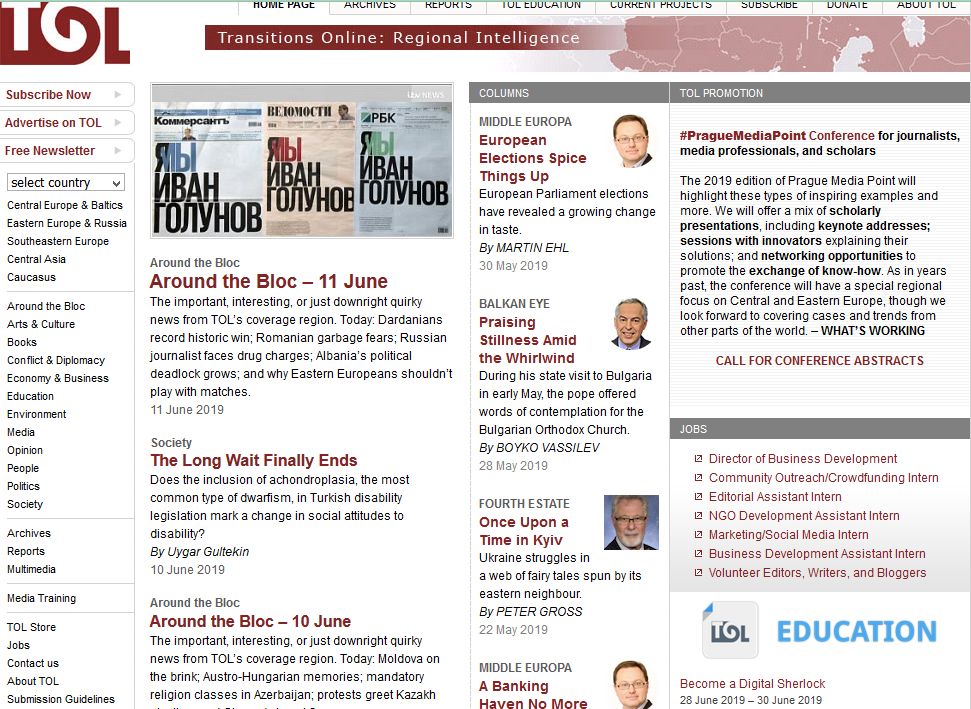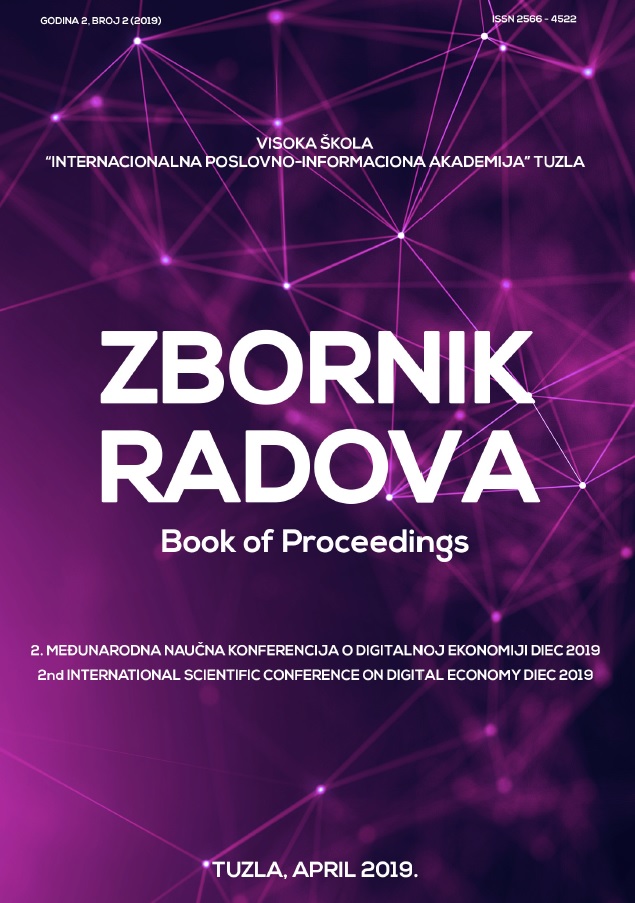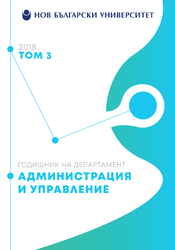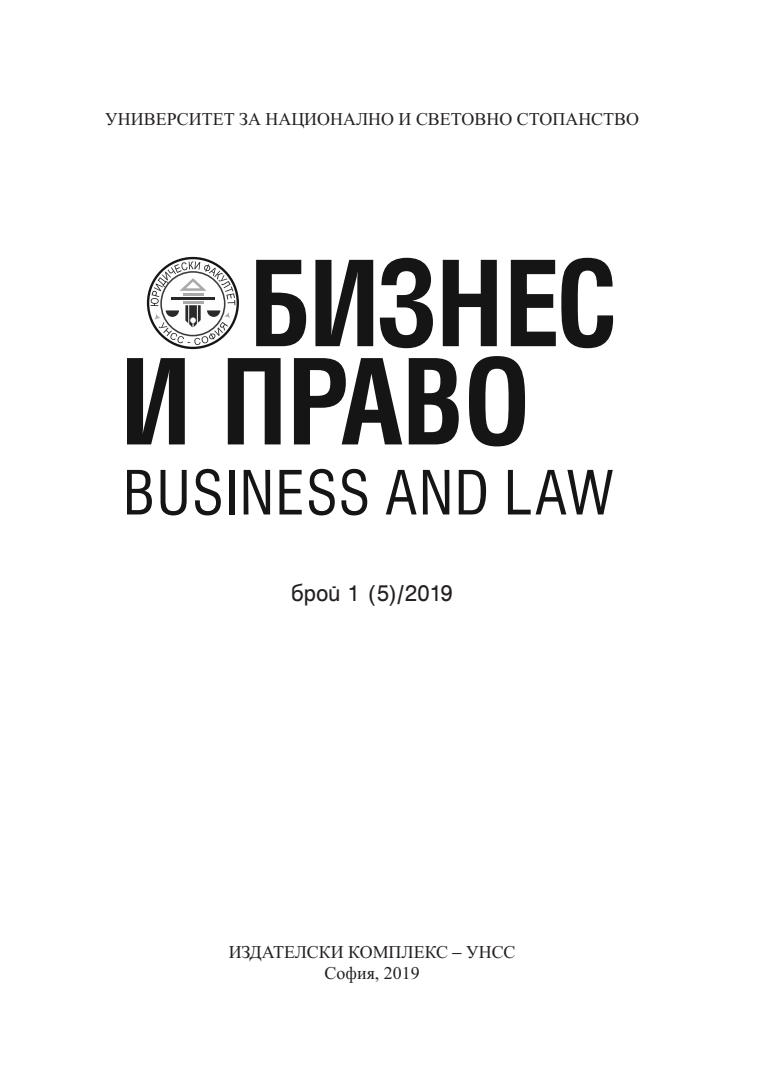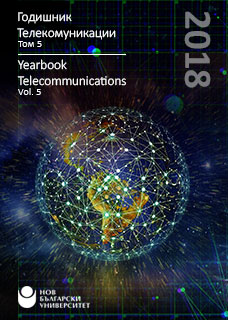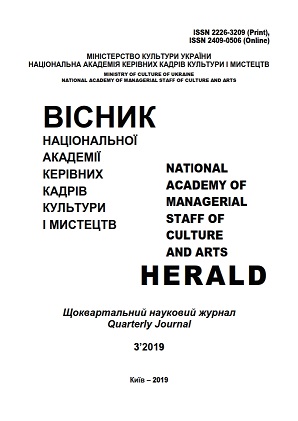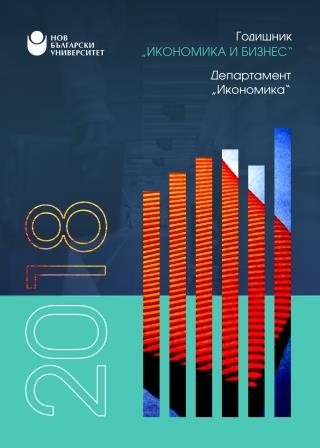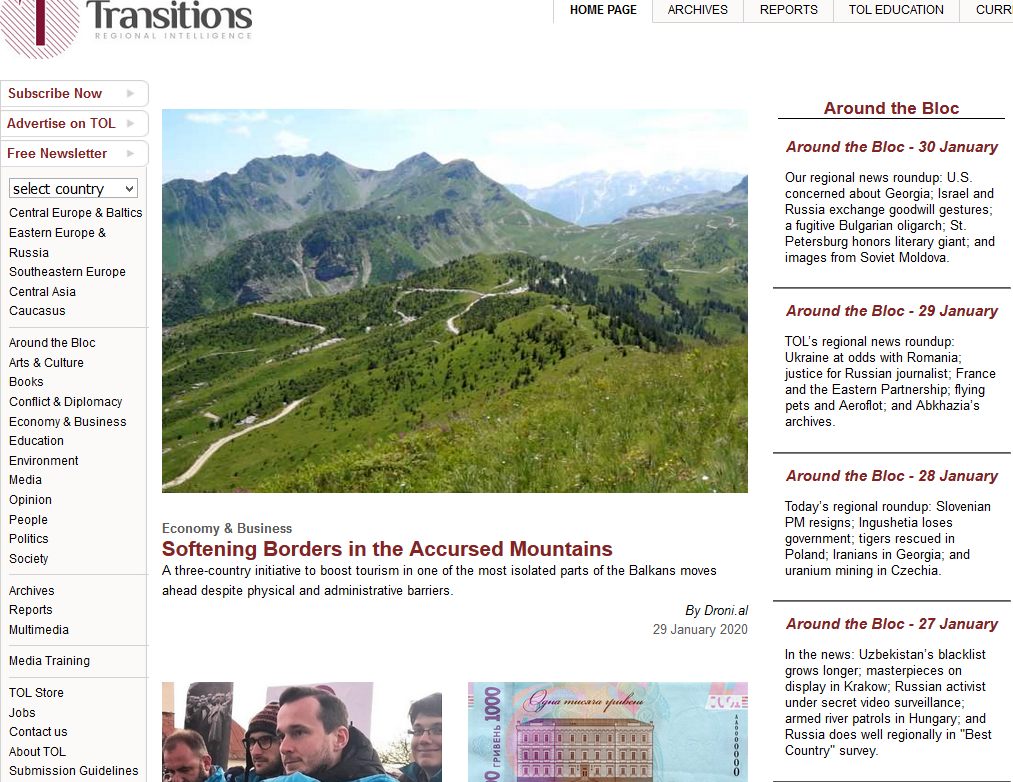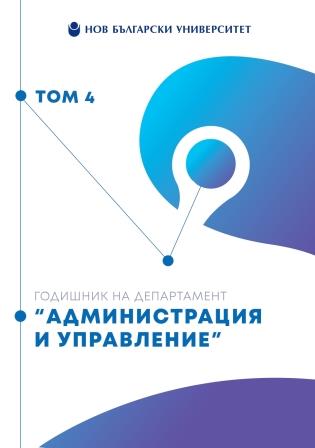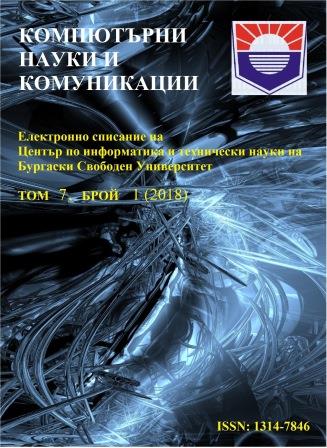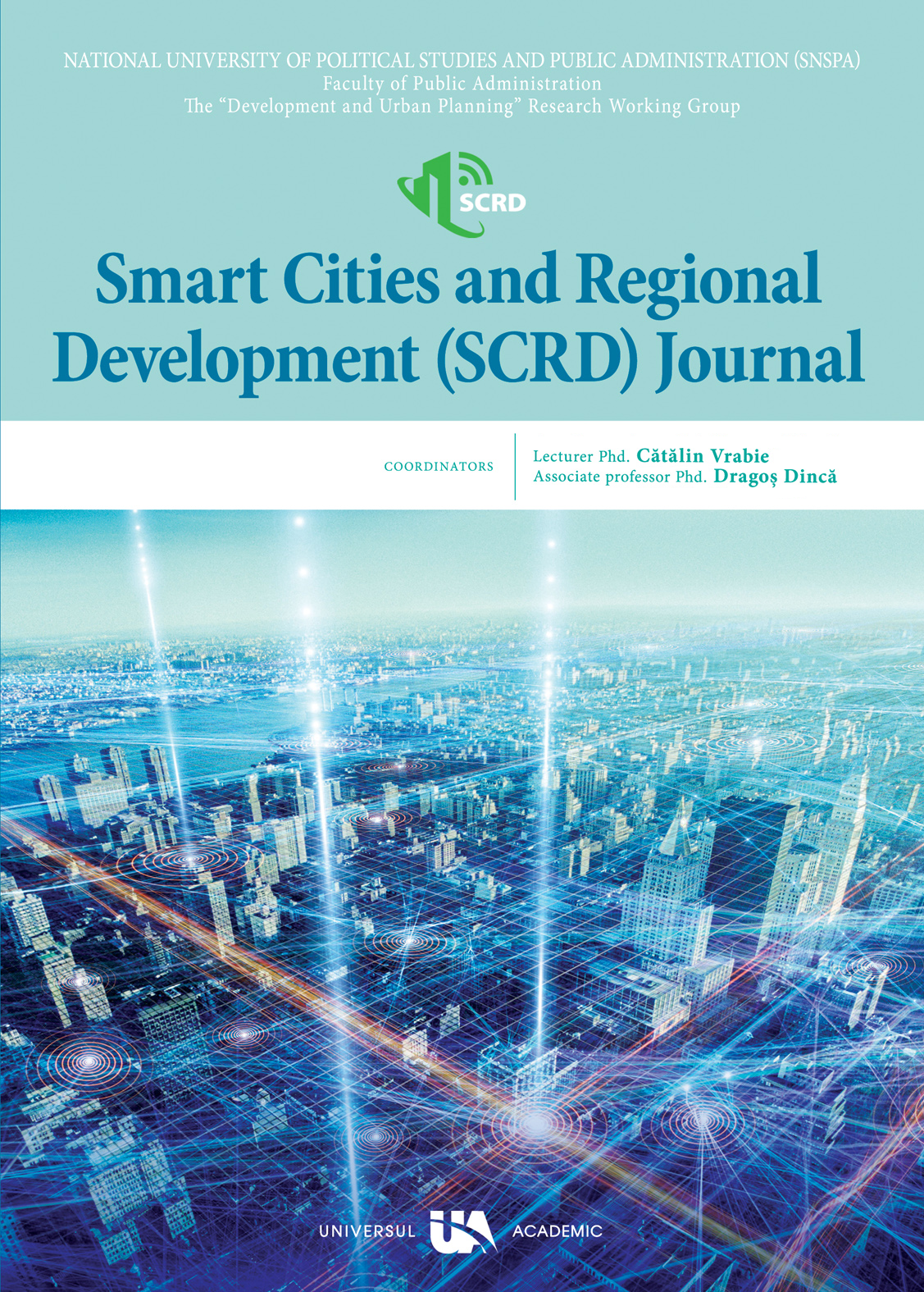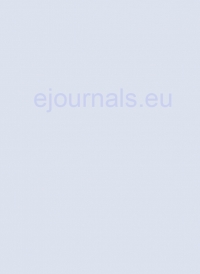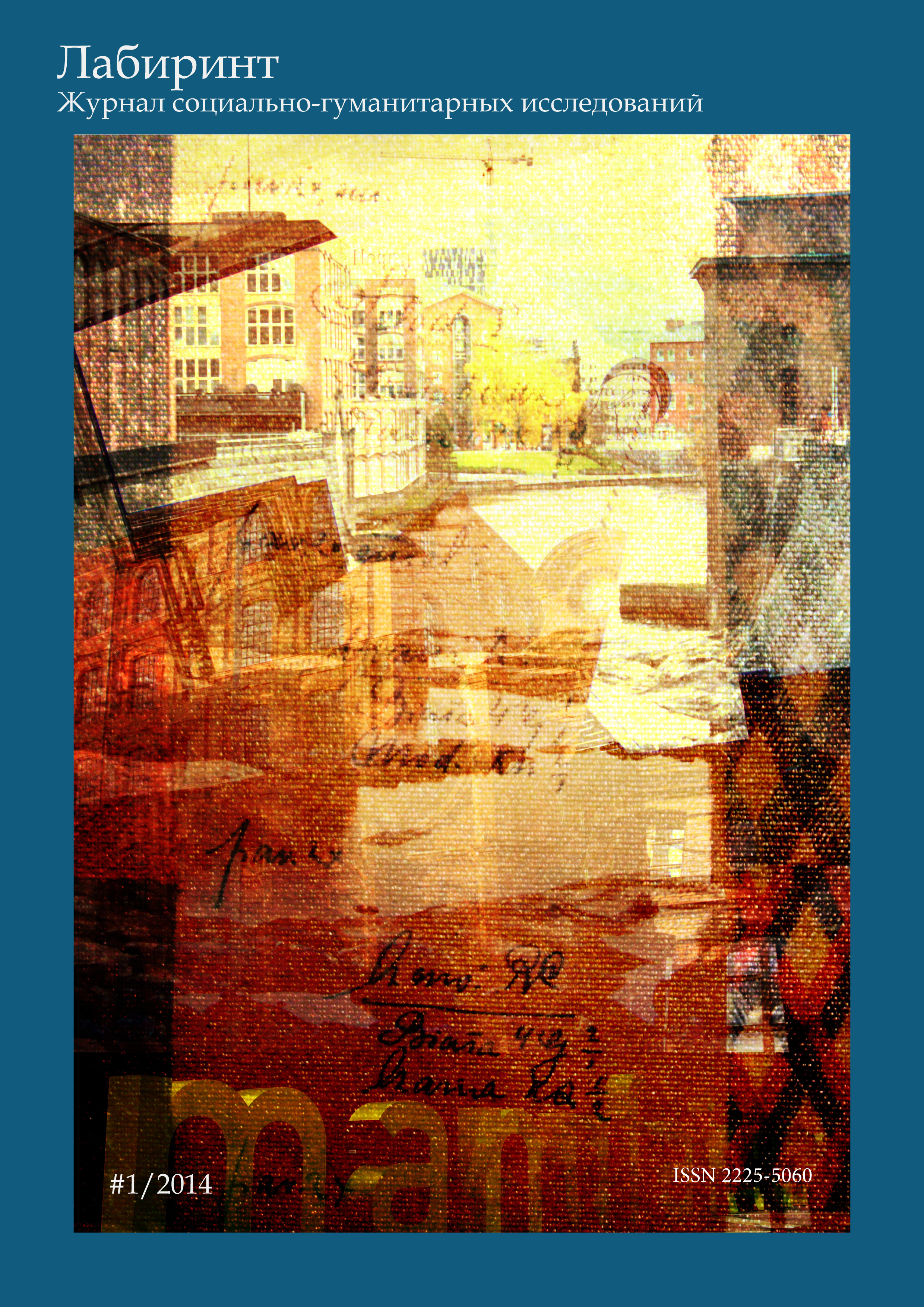
ЗАВОДСКАЯ ОКРАИНА: ОТ ГЕРОИЗАЦИИ «ЧЕЛОВЕКА ТРУДА» ДО ПОИСКА НОВЫХ СМЫСЛОВ
The article retraces the factory outskirts and the big city enterprises role transformation. Being closed and classified “mail-boxes” in the Soviet period of history, nowadays they are becoming a new urban identity and self-representation keystone. The article also deals with the modern cultural policy of the city, and its factory history use in the attempts to reconcile it with the common cultural and historical heritage – the Soviet past and its achievements. The author is interested in the transition from the classified information to transparency, search for the new historic, cultural and touristic dominants, new regional identity, resulting in Samara naming the «reserve capital» in the period of the Great Patriotic War, and even the space capital of modern Russia. As the sense-forming moments of the Modern history two holidays are chosen - the Victory Day and the Cosmonautics Day. These are the uniting ties which allow the congeners to think of pride and honor and the feel their involvement in the Big History.
More...
